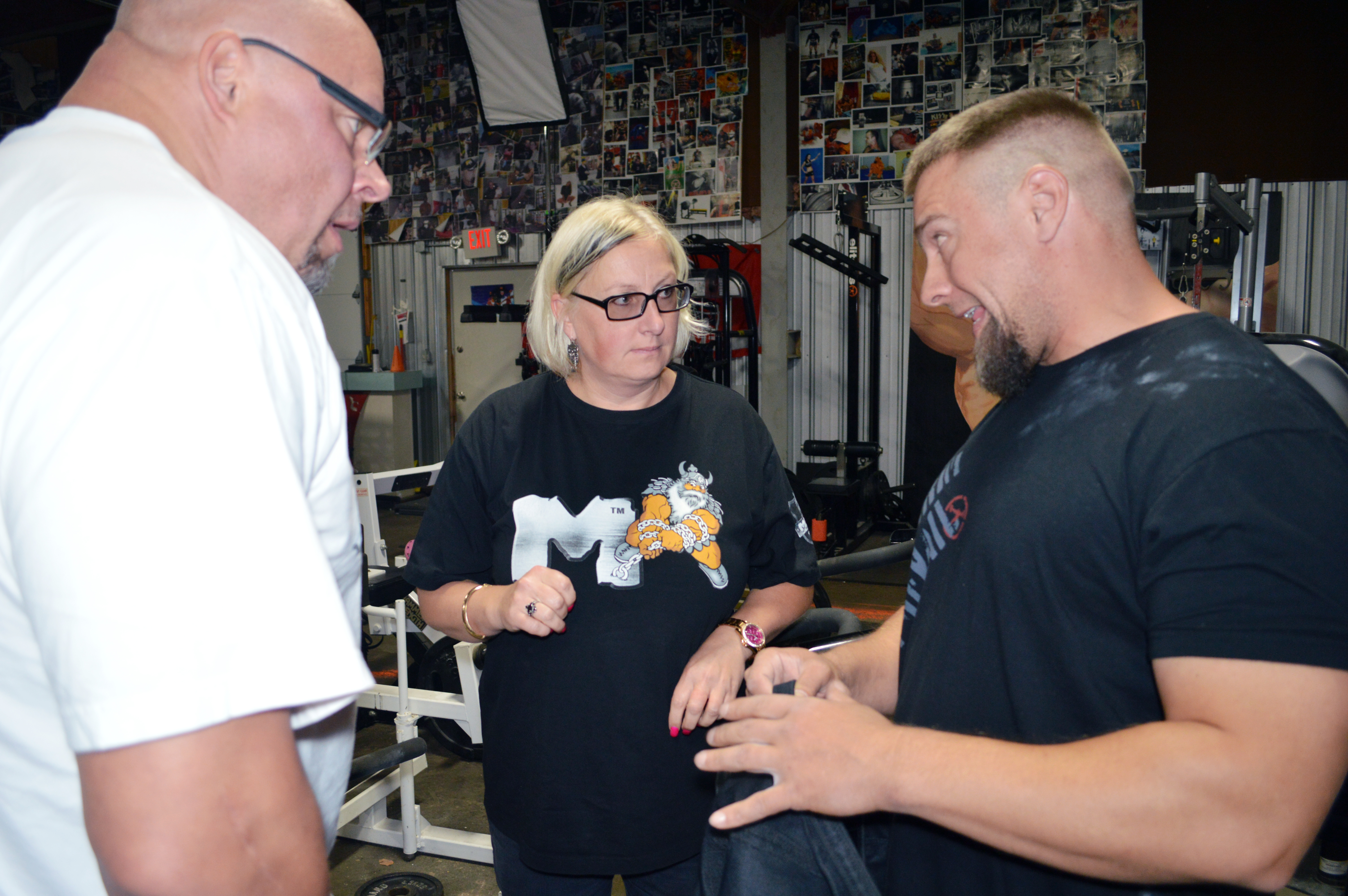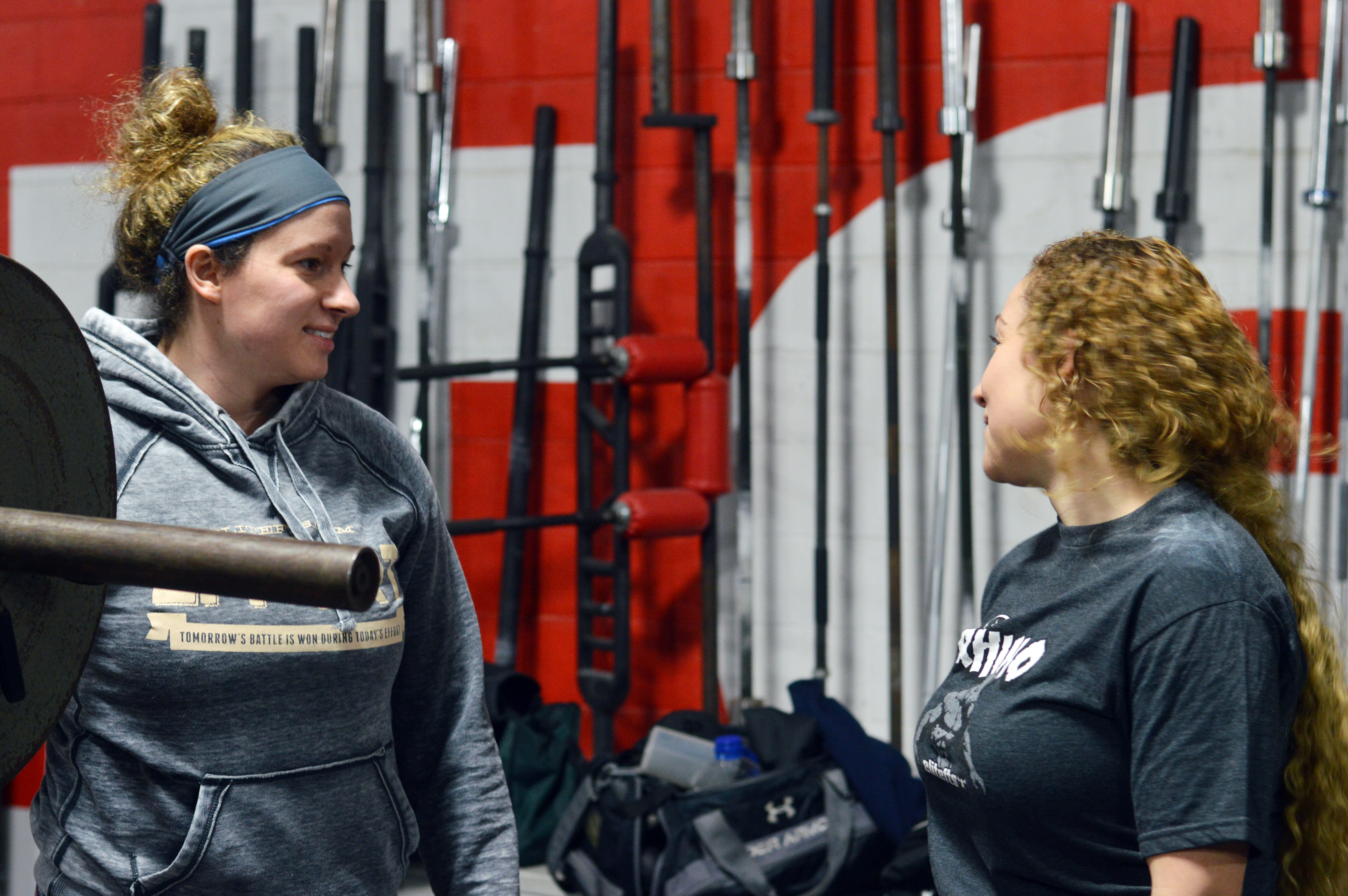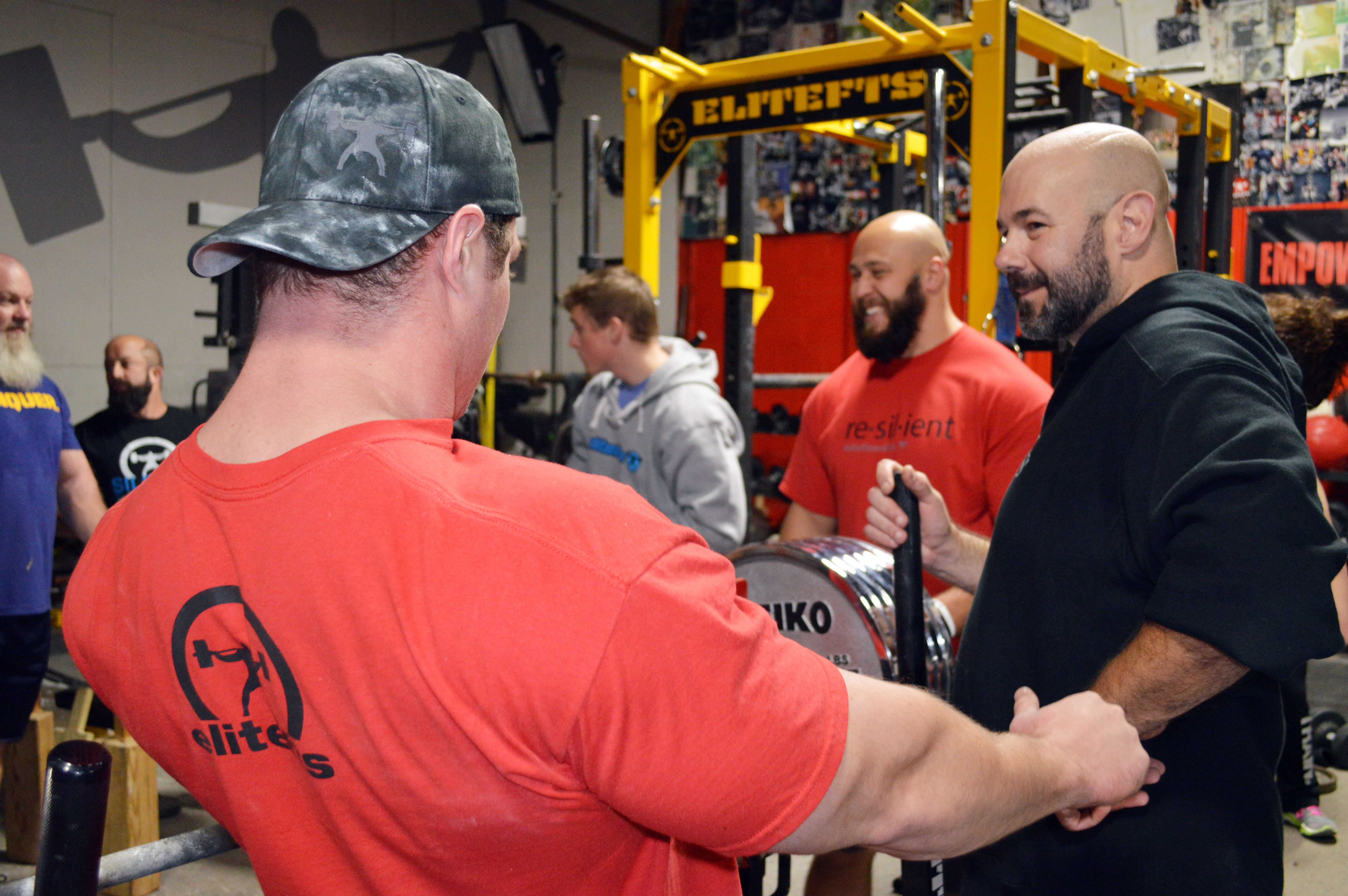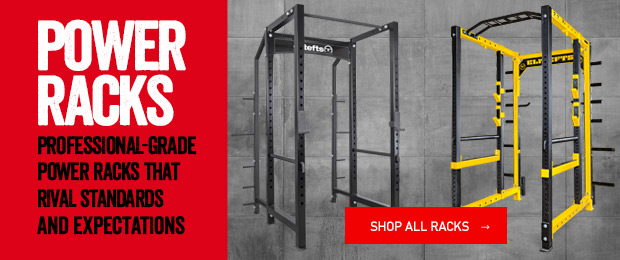
My first job in a gym was in 2009. Since that time, my entire professional career has been in the fitness industry. I’ve worked for three different commercial gym chains and have worked out of various private boutique gyms. In my current position, I work as a trainer and educator for Relentless Performance, a phenomenal facility.
Throughout my professional career, I’ve seen many “mistakes” made in how individuals, management or even companies operate. The following observations and points aren't self-serving, as I’ve made practically all the critical errors one could make in this field. If I’m listing it here, it's because I likely committed it or I was in a situation where I was complicit to it happening.
The fitness industry is often internally criticized for being terrible, but I hold the perspective that the majority of people I’ve encountered in this field are, in fact, “good people.” Rather, the fitness industry tends to be filled with people who are honest in their intentions but lack foresight and business savvy when it comes to execution. That said, the following isn't just a list of “mistakes” but the perspectives that create them along with the paradigm shift needed to prevent them. Most problems can be prevented through education and planning.
1. You run a gym; you don’t run a business.
It’s a fantasy of many people to “open a gym,” but what doesn’t get considered is how that gym as a business will sustain itself. Opening a gym isn't truly “hard.” With enough space and equipment, anyone can conceivably have a gym in his garage, backyard, small commercial space or a room in his house. The sustainability factor is what readily surprises people after opening a gym.
Meatheads love to fantasize about their “dream” gym, a hardcore dungeon, but how many hardcore people are in your market who will find you, walk in and pay for a membership? Similarly, many trainers aspire to “open a gym,” but are you fully prepared to create systems for every aspect of the business?
This lack of perspective is what creates the short-term, reactionary model of bargain deals, cost cutting and catch up that is so common in the industry. What is the solution?
RECENT: Ignorance Can Be Bliss
First, find the “why” for why you want to open a business and why that business should be a gym. Research what makes a business successful, not just what you need to do to open a gym. Plan for the long term and work retrospectively from there.
2. You lack professionalism.
When I say professionalism, I don’t necessarily mean the behavior of the gym owner or the staff who work there but everything else that surrounds that. What do I mean by this?
When people first interact with your business, what is their experience? Not with you but with calling the gym on the phone or checking the website. Does someone actually answer their call or does it go straight to voicemail? Is your website easy to use or is it difficult and no one ever replies back? Is your advertising always up to date or are your flyers, banners and posters never updated? Are the thematic elements between these things inconsistent?
When someone walks into your gym for the first time, will she feel comfortable? Is there a place for her to sit down? Or will she have to stand around waiting for someone to talk to her? If she asks to use the bathroom, are you always behind on cleaning and is the bathroom dirty?
When your employees finally interact with someone, are they twenty-something kids with lousy interpersonal skills who you hired because you don’t need to pay them much? Are you wearing sweatpants and the same shirt from three days ago? Have you shaved?
But it’s a gym, so who cares if someone cares about how you look. You probably don’t want them as a member, right? I guarantee the person who doesn’t care about your appearance won't care about your gym's appearance much either though.
If a potential member randomly walks around your facility, is the atmosphere welcoming or would he feel intimidated? Is your facility constantly messy with equipment everywhere, and are there holes in the drywall that you haven’t bothered fixing because it isn't important?
I could go on and on with this, but all of the above are complaints and issues that I've heard directly from “ex-members” and lost prospects when they either quit or never bothered to sign up. This is just the obvious stuff that’s at the front of my mind.
The attitude taken in the fitness field is a relaxed one toward professionalism because its “fitness.”This is the wrong attitude. If you want a successful business with highly regarded service and you want to help people to the maximum of your abilities, every detail counts. Small details done correctly add up to create long-term success. No business has ever failed because it was too well managed and the staff spent way too much time making sure every person felt taken care of and had his or her needs met. Don’t overlook details and assume it doesn’t matter. It does.
3. You add memberships instead of build relationships.
This is said often but executed little. Your current members and clients—these are the people who will be your best advertisers. This isn't just about the “results” you create with them or how much they like your gym's equipment (they probably don’t really care if you have cheap chrome barbells or Texas power bars) but the relationship they have with you, your staff and everyone you employ.
Common fitness practice is a volume game. This comes from the commercial gym industry. Because people are always canceling, a gym must always be trying to alleviate the loss by adding new members. Relationships are rarely ever built this way, and if they are, they aren't very good. Creating a “professional friendship” with someone is a time intensive process. Loyalty isn’t built over a single conversation but through many interactions. Someone feeling that your gym honestly values his or her business won't come about through a single sit down and presentation of options. It will be built over months and months.
RELATED: Selling Out for Profits
Invest your time and energy in people first—your staff, your members, yourself. Character development precedes business development. If your gym is in the red, ask yourself what can be done for the people who are already there. What can you do to demonstrate the ethics that set your business apart? If you're desperate for new members, why don’t your current members act as advertising for you? Referrals don’t come unless the referee feels that your gym has something to offer someone else. Staff members don’t go above and beyond unless they feel taken care of and respected. What have you done for all of them lately?
4. You waste money on things people don’t care about.
Do your members really care if you have a monolift? I had this conversation recently with a friend of mine who owns a gym. He was lamenting that he had spent a lot of money on “hard core” equipment, buying a monolift along with specialty bars and chains, but most of it went unused. He should have considered his members' actual needs instead of what he thought made for a well equipped gym. His gym needed bands, dumbbells in 2.5 increments (for female members) and better attachments for the various cable machines. Now, he has a lot of stuff that will last forever but did little to create more value for his members.
The same goes for advertising. You could spend $1000 on flyers and online ad campaigns or you could throw a membership appreciation event or hold a fundraiser for a charity you believe in. Which is more likely to build relationships and attract people to your business? Does your gym truly need more equipment or would investing in your trainers' education do more to improve the quality of the training?
Again, I can phrase questions endlessly, but the paradigm from which I ask them remains the same. Are you spending money on what you want or are you investing in people and their needs? As I’ve often said about personal training, “If your learning doesn’t directly benefit the people you train, you didn’t learn anything of value.”
Perhaps reading this list has been nothing more than confirmation bias. Perhaps it has made you reconsider some of your current or future plans. Regardless, action trumps everything else. To roughly quote the sage words of a mentor: “Most of business is really just character development. You develop yourself and the rest follows.”
Your business is derivative of your perspectives and beliefs. If you want to change your life/business, start with changing your mind first.














1 Comment